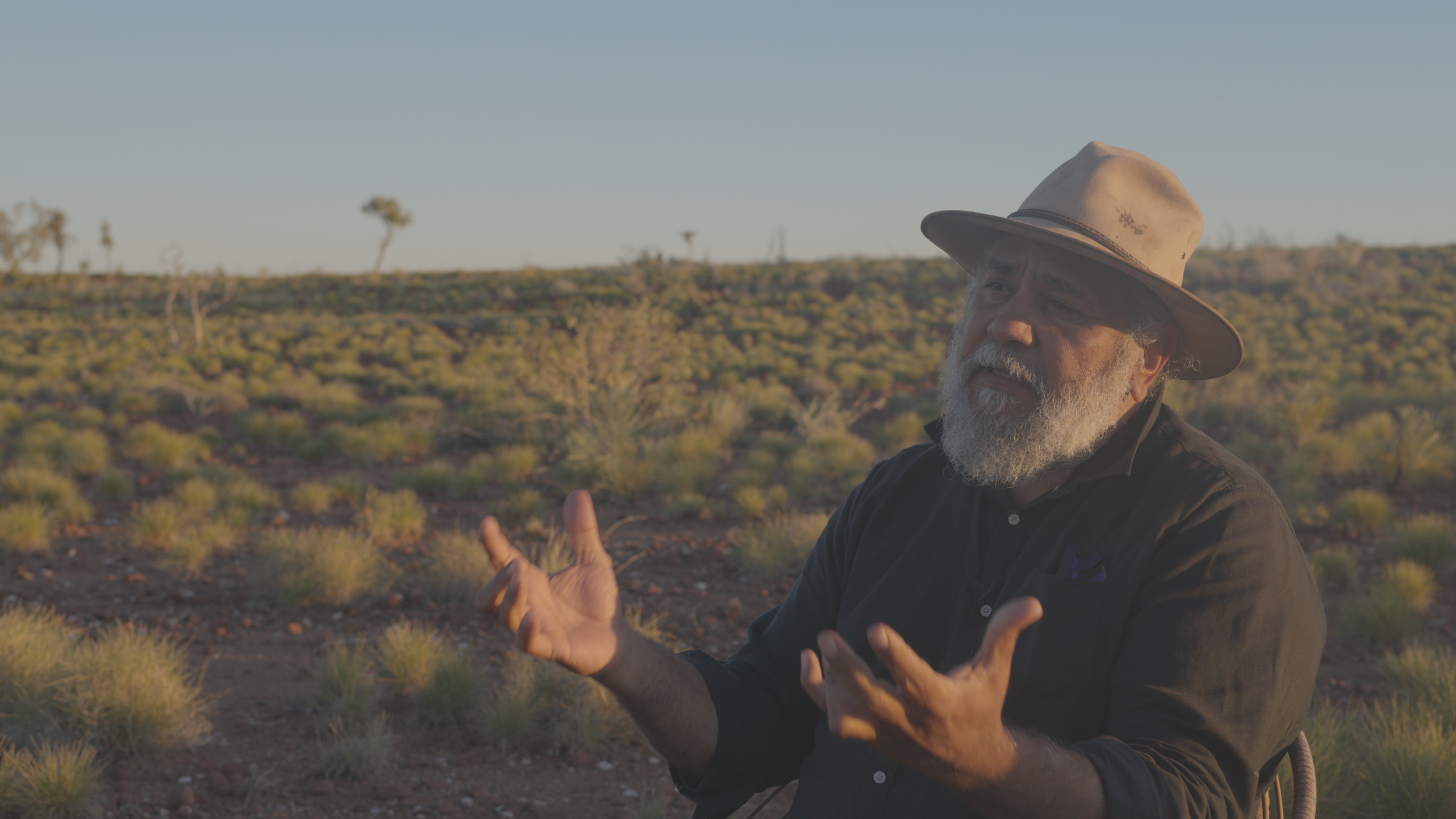YINDJIBARNDI SOUND ALARM: SACRED MILLSTREAM AQUIFER UNDER SIEGE BY UNSUSTAINABLE WATER EXTRACTION
BY ASAD KHAN
The Yindjibarndi Aboriginal Corporation (YAC) has formally petitioned the Western Australian Environmental Protection Authority (EPA) to conduct an independent assessment of the environmental and cultural impacts of the Water Corporation’s extraction activities from the Millstream aquifer in the Pilbara region.
This submission reflects Yindjibarndi concerns over the sustainability of water extraction practices and the potential harm to sacred lands and ecosystems.
In a submission to the Western Australian Environmental Protection Authority (EPA), the Yindjibarndi Aboriginal Corporation (YAC) voiced serious concerns regarding current and proposed water extraction levels from the Millstream aquifer by the Water Corporation.
YAC’s Chief Executive Officer, Michael Woodley, stated that the continued reliance on this aquifer has occurred without consultation or consent from Yindjibarndi traditional owners and has led to severe environmental and cultural consequences for the Yindjibarndi Nation.
Yindjibarndi concerns are underscored by the lack of climate-resilient alternatives for the Pilbara's water supply, which has intensified pressures on this fragile resource.
The Millstream aquifer, central to the Yindjibarndi cultural and environmental heritage, provides water to support residential and industrial demands in Karratha and Dampier. The extraction level, which is allowed up to nine gigalitres annually, is nearly double what the Yindjibarndi recommend based on their own environmental studies.
The aquifer’s waters have historically sustained ecosystems in Millstream Chichester National Park and cultural practices for Yindjibarndi traditional custodians.
According to Mr Woodley, the water taken has been done so without obtaining the Yindjibarndi’s free, prior, and informed consent—a principle outlined by the United Nations Declaration on the Rights of Indigenous Peoples.
The lack of a formal impact assessment, he noted, runs contrary to best practices and exacerbates environmental damage.
“The Yindjibarndi people have been raising serious concerns with the State government... yet we have not seen affirmative action,” he said.
The Yindjibarndi community’s study indicates that the maximum sustainable draw should be limited to 4 gigalitres annually to prevent environmental harm.
Current extraction practices, which exceed this recommendation, have already resulted in diminished creek flows, stressed ecosystems, and breaches of regulated groundwater levels.
The Water Corporation’s proposal to increase these rates has intensified calls for regulatory intervention to protect the Pilbara region’s natural and cultural resources.
YAC’s appeal emphasizes alternative measures, such as implementing water restrictions and exploring additional bore fields, to ensure sustainable water management while longer-term solutions are developed.
Highlighting both the environmental degradation and the spiritual importance of Millstream for the Yindjibarndi Nation, YAC’s submission insists that an independent EPA review is essential to safeguard this culturally significant land and its ecosystems against further harm.
Listen to Ngaarda Media’s Lead Journalist Asad Khan speak with YAC CEO Michael Woodley:



